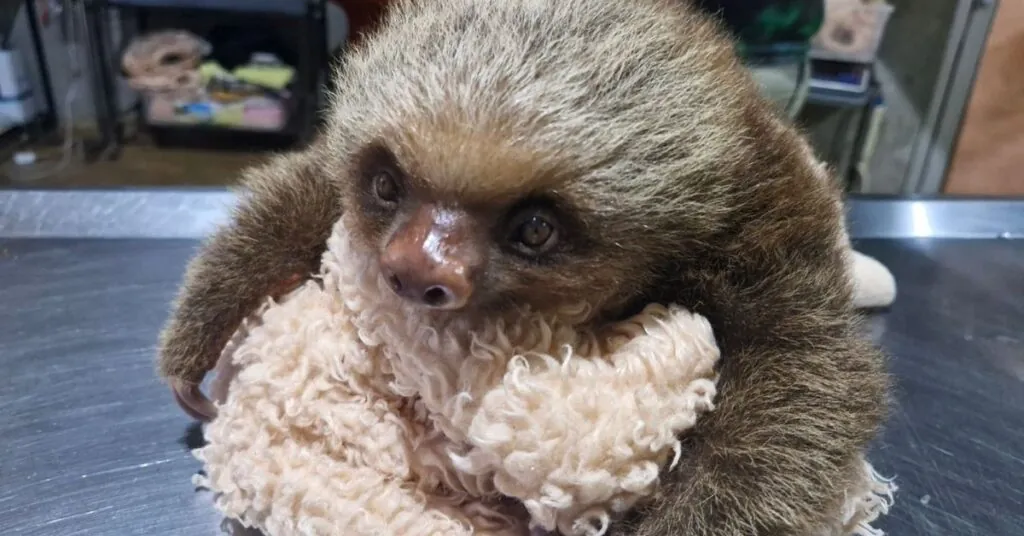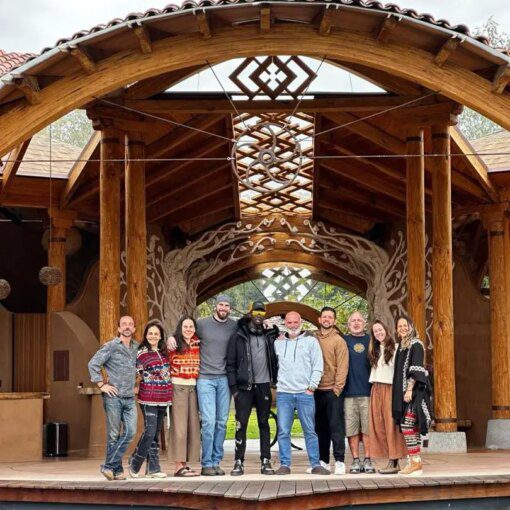In a significant stride toward wildlife conservation, Huawei’s TECH4ALL initiative has set a new standard in the monitoring and protection of the endangered Green Macaw in Costa Rica. This collaboration involves critical partners including SINAC (the National System of Conservation Areas), the Macaw Recovery Network, and the Tropical Scientific Center. Together, they have deployed a network of 113 acoustic devices across a vast area of nearly 11,000 square kilometers to safeguard the habitat of this critically endangered species.
Pioneering Conservation through Technology
The Green Macaw, known for its vibrant plumage and significant role in tropical ecosystems, faces severe threats from habitat destruction and illegal trafficking. In response, Huawei’s TECH4ALL initiative has introduced an innovative approach to conservation. By utilizing advanced acoustic monitoring devices, the project aims to capture and analyze environmental sounds that are crucial for assessing the health and trends of the macaw’s population.
The Role of Acoustic Monitoring
Acoustic monitoring involves setting up devices in the macaw’s habitat to record all the sounds of the environment. These recordings are then analyzed to detect the calls of the Green Macaw, among other biodiversity indicators, which helps researchers gather data on their population dynamics and habitat use without disturbing the birds. This method offers a non-invasive way to monitor wildlife and is particularly effective in dense rainforest areas where visual spotting is challenging.
Initial Findings and Future Steps
The first phase of data collection lasted six months and has recently concluded, with the partners now deep into the analysis stage. Preliminary results have shown promising trends in the population dynamics of the Green Macaw, despite ongoing challenges such as habitat loss. The data collected through this project is expected to play a crucial role in shaping conservation strategies and measures to protect these magnificent birds more effectively.
AI and Eco-Acoustics: A New Frontier in Wildlife Conservation
The application of AI in analyzing eco-acoustic data is a groundbreaking aspect of this project. Artificial intelligence algorithms can quickly sift through vast amounts of audio data to identify specific animal calls, monitor changes in biodiversity, and even detect illegal activities such as logging or poaching. This technological advancement represents a significant leap forward in conservation efforts, providing real-time insights that were previously impossible to obtain.
Watching Conservation in Action
To bring this innovative project to a broader audience, a detailed video presentation is available, showcasing how AI and eco-acoustics are making a difference in the field of wildlife conservation. The video offers a glimpse into the daily operations of the project, the technology in action, and interviews with key personnel involved in the initiative.
The Broader Impact of TECH4ALL
Huawei’s TECH4ALL initiative does not only focus on the Green Macaw but is part of a broader effort to apply technology in solving environmental and social challenges across the globe. By integrating digital solutions into environmental conservation, Huawei aims to promote biodiversity and ensure sustainable ecosystems for future generations.
The innovative use of technology by Huawei’s TECH4ALL initiative in Costa Rica is turning the tide for the endangered Green Macaw. Through the strategic deployment of acoustic devices and the application of AI, this project is setting new benchmarks in the field of conservation. As the partners continue to analyze the collected data and refine their strategies, the future looks hopeful for the Green Macaw and other species that depend on Costa Rica’s rich biodiversity.
Source link
admin



